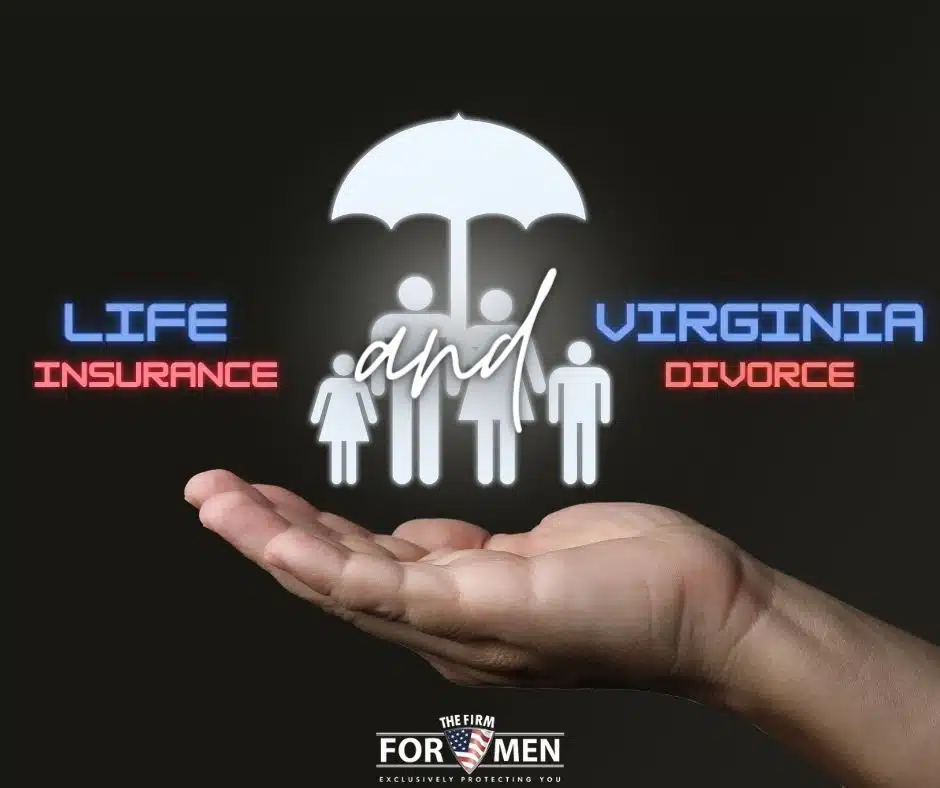Today we offer you two choices: we can talk about life insurance in your divorce, or you can or you can zip over here to watch paint dry for 10 hours. We know, we know; tough choice! For those of you who stick around, life insurance can be more exciting than watching a vertically applied colloidal suspension curing in a gravitational field.
Jump to a Section
- Life Insurance 101
- Equitable is not Equal
- Why Get Life Insurance After Divorce?
- Who is the Beneficiary?
- Burial Insurance
- Professional Help
Life Insurance 101
Try. Try to stay awake through this minicourse in life insurance. Set an alarm on your cell phone if you think it will help.
Life insurance comes in two general varieties:
- Term—This has a fixed premium for the life of the policy and ends in a set number of years; it has no cash value in a divorce and is not a tangible asset
- Permanent—This has an evolving premium, includes an investment component, never expires, and is also known as cash value life, whole life, universal life, or variable life
Because permanent life insurance includes an investment of some kind (sometimes as simple as a savings account, sometimes as complex as purchasing tiny slivers of mutual funds every month), it is a tangible asset with cash value. Anything with cash value must be split between the two divorcing parties.
Equitable is not Equal
While a financial services company named Equitable has existed since 1859, we are talking about equitable division of marital assets. If you and your spouse bought permanent life insurance policies on one another during your marriage, the cash value of the investment portion of those policies must be split between you two equitably (fairly, not necessarily evenly).
The policies themselves have no cash value.
Why Get Life Insurance After Divorce?
If your final divorce decree stipulates payments from one ex-spouse to the other, both parties’ financial interests need to be protected.
Let’s say your ex-wife is ordered by the court to give you $1,000 a month in spousal support. You depend on $12,000 in annual income from her, so maintaining a life insurance policy on her, with you as the beneficiary, is financially prudent.
The court can decree a requirement for life insurance, but generally the type of policy is a matter for the two of you and your respective attorneys to decide. Many divorcing couples downshift to term policies.
Similarly, if you pay child support to your ex-wife and she has full physical custody of your minor children, she should have a life insurance policy on you, naming her as the beneficiary. If you pass away, she assumes the responsibility and financial burden of raising your children alone.
The recipient of awards after divorce should have a policy on the ex-spouse under three circumstances:
- If an ex-spouse receives spousal support
- If an ex-spouse receives child support
- If a spouse anticipates pension or retirement income from the ex-spouse’s accounts
Who is the Beneficiary?
Only a policyholder can change the beneficiary (person receiving payments from the policy) named in the policy.
You may want to keep your ex-spouse as beneficiary of a policy written during the marriage, or you may elect to change the primary beneficiary.
The judge overseeing your divorce will listen to your attorney’s reasoning, but ultimately the judge can
Just one more thing. The Circuit Court judge overseeing your divorce has the final say in maintaining existing life insurance policies or creating new policies for ex-spouses. Under Virginia Code § 20-107.1:1, the law lets the judge order:
- Maintenance of an existing policy
- Designation of the other party as beneficiary
- The two parties to split premium costs
- The insured party to execute all appropriate forms or written consents
As beneficiary of your ex-wife’s life insurance policy, you have what the police would describe as a strong motive to contemplate her demise. Most judges will look askance at your request for a new, $10 million accidental death and dismemberment policy on your ex-wife naming you as the beneficiary.
Burial Insurance
Final expense or burial insurance is another consideration. If neither of you qualifies for some other type of coverage, having this guaranteed issue insurance simplifies final arrangements. If you divorce and your ex does not remarry, you may feel pressured to assist with her burial expenses (though legally you have no responsibility to help). If she maintains burial insurance, you have a clear conscience. And, of course, vice versa; you should have some kind of simplified issue insurance for the inevitable.
Professional Help
Though life insurance may be dull as watching paint dry, it is a vital component to any financial plan for you and your ex-spouse. The topic is complicated and requires professional advice. Discuss your needs with a financial advisor, insurance broker, and your divorce attorney. Some considerations:
- High income earners can use permanent life policies to shelter more income from tax liabilities
- Dependents with special needs may require lifelong protections through policies naming them, or trusts in their names, as beneficiaries
- Changing income levels may point you toward money-saving term policies or universal life policies
- Specialized policies are available, including no-medical-exam policies, short term policies (to satisfy a court’s requirements), and supplemental life insurance (useful if your employer provides a modest policy on you)
Please contact us today at The Firm For Men to learn how we can protect your financial interests, safeguard your rights as a Virginia man, and bring you peace of mind after your divorce. You may also telephone our Virginia Beach offices at (757) 383-9184 to speak with one of our experienced family law attorneys.

